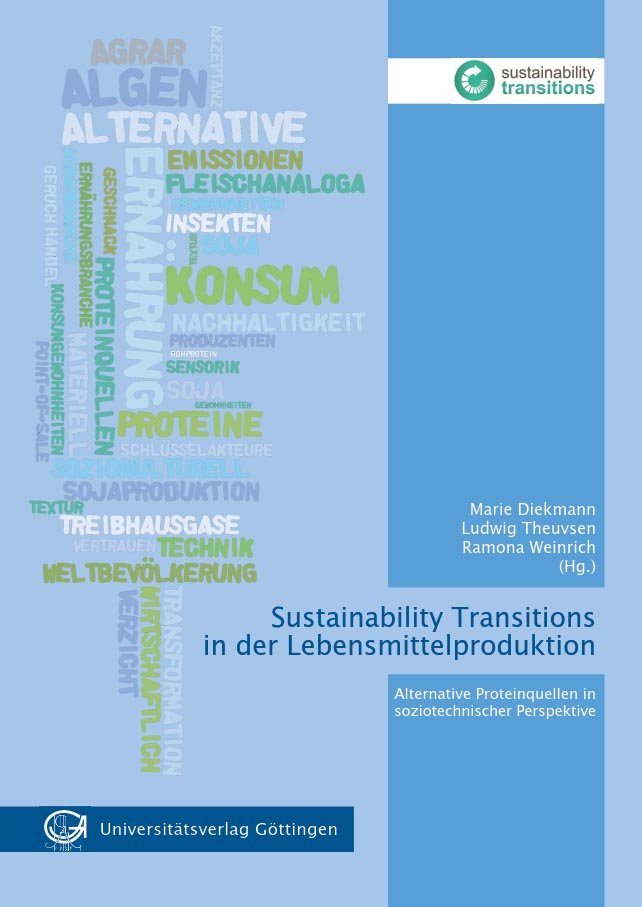The agricultural and food sector offers great potential for social transformation toward greater sustainability. In particular, the renunciation of the consumption of food of animal origin is expected to significantly reduce diet-related greenhouse gas emissions. Nevertheless, the development of consumer habits tends to point to an opposite trend: On a global level, the demand for animal products is increasing and with it the demand for feed components - above all raw protein, which has so far been provided mainly by soybean production in North and South America, but which must be critically examined from an economic, social and ecological perspective. In order to secure the continuously increasing protein demand for the nutrition of the world population, the identification and analysis of suitable alternative protein sources for human and animal nutrition is of central importance. Against this background, the collaborative project "Sustainability Transitions in Food Production: Alternative Protein Sources in a Socio-Technical Perspective", which was funded by the Lower Saxony Ministry of Science and Culture from 2014 to 2019 within the framework of the "Science for Sustainable Development" measure, dealt with the assessment of the potential of algae and insects as alternative protein sources for the European agricultural and food industry. The approach of the joint project focuses on the change of sociotechnical systems towards a higher sustainability of production and consumption in the sense of "sustainability transition". The socio-technical transition towards an increase in sustainability is being investigated in terms of several dimensions - technological, material, economic and socio-cultural. The present anthology provides an overview of the central results.
Publikationstyp: Sammelband
Sparte: Universitätsverlag
Sprache: Deutsch





